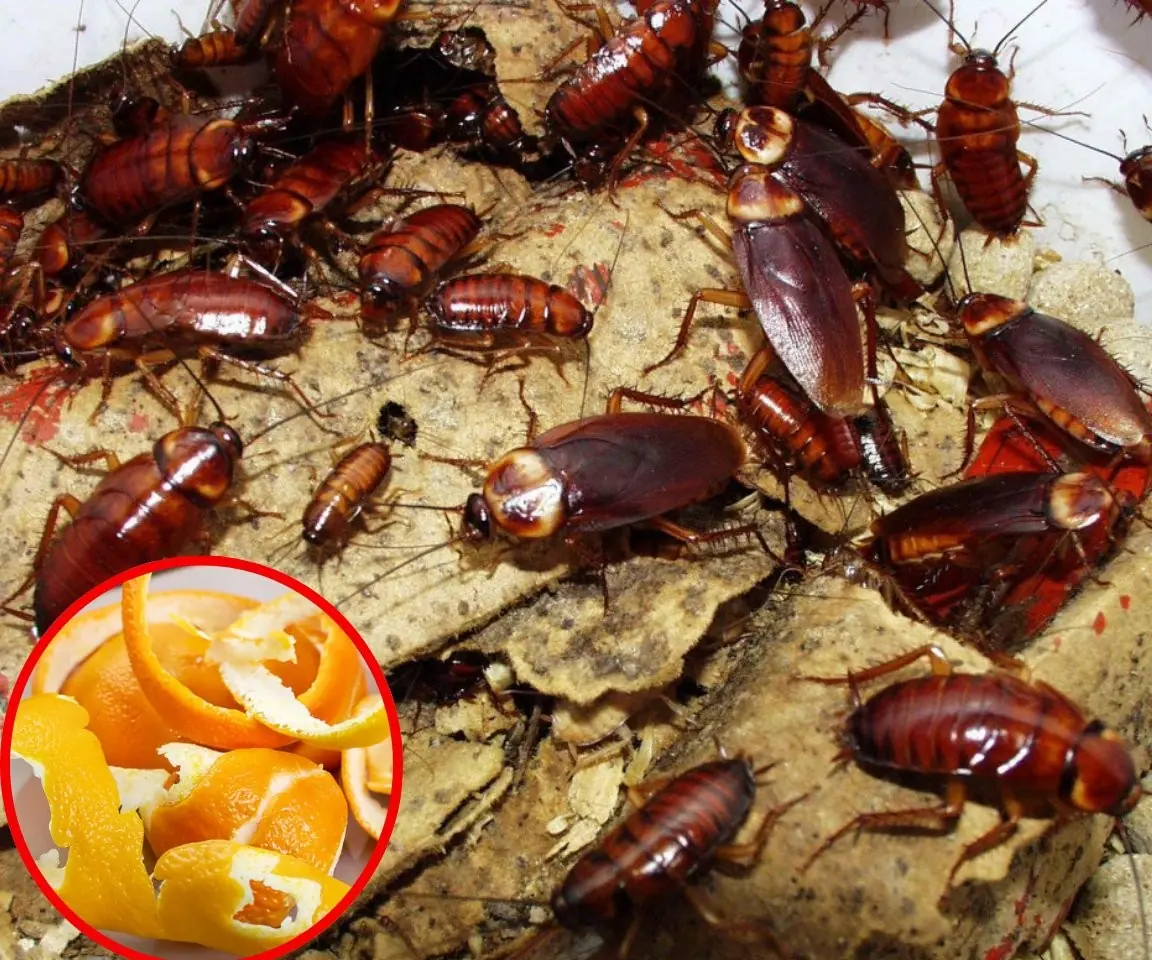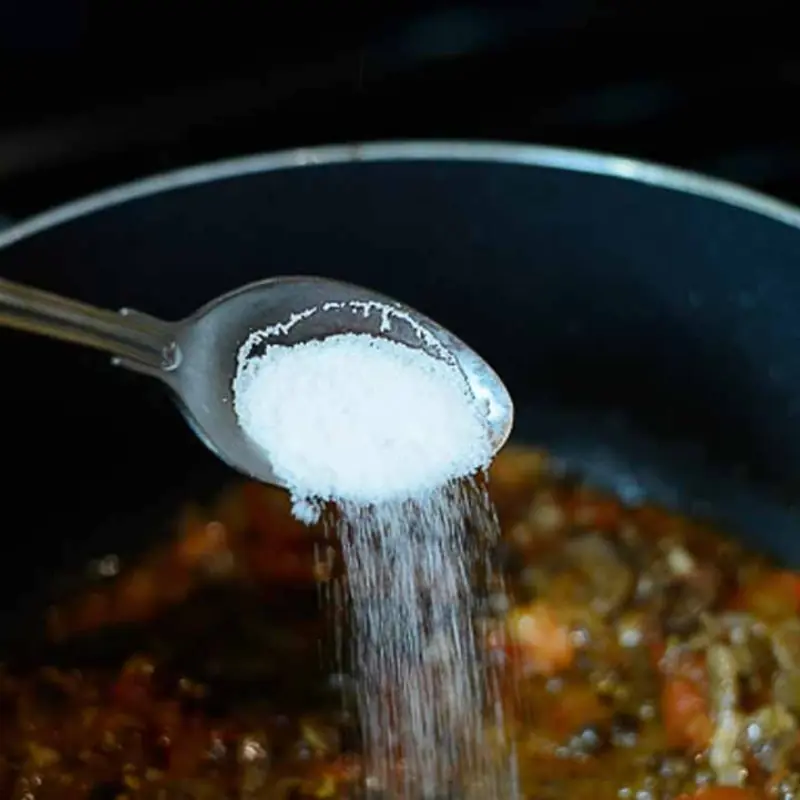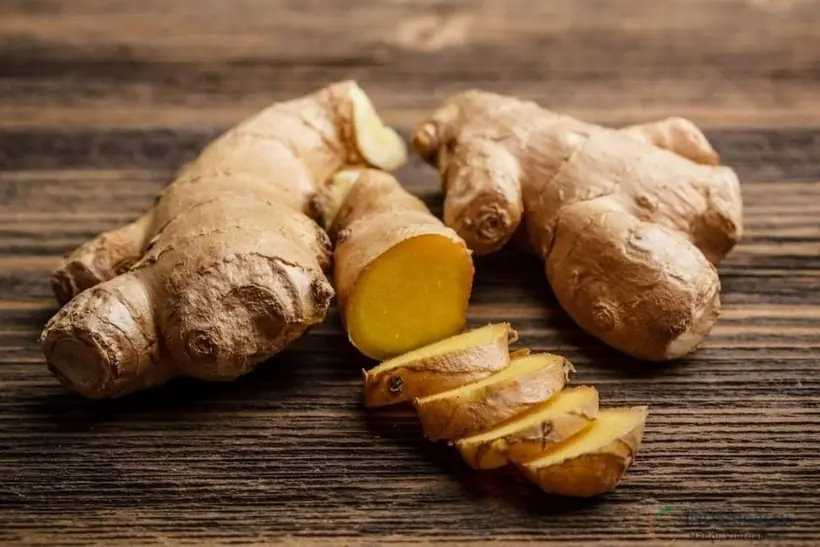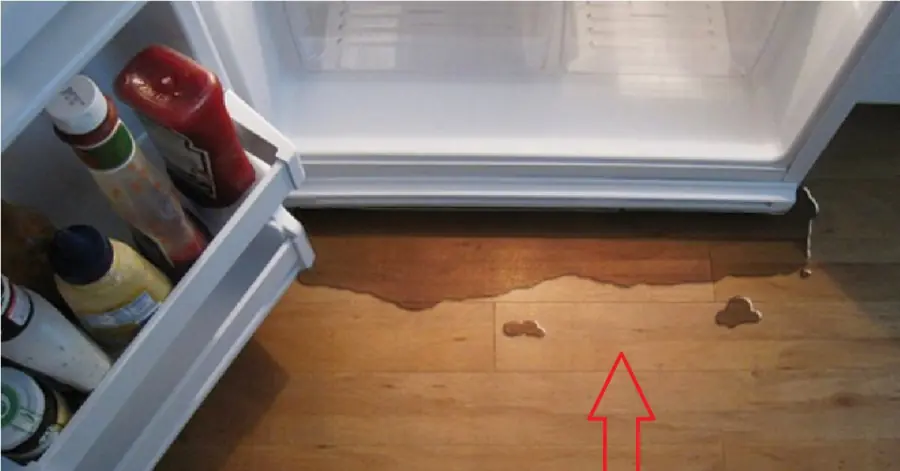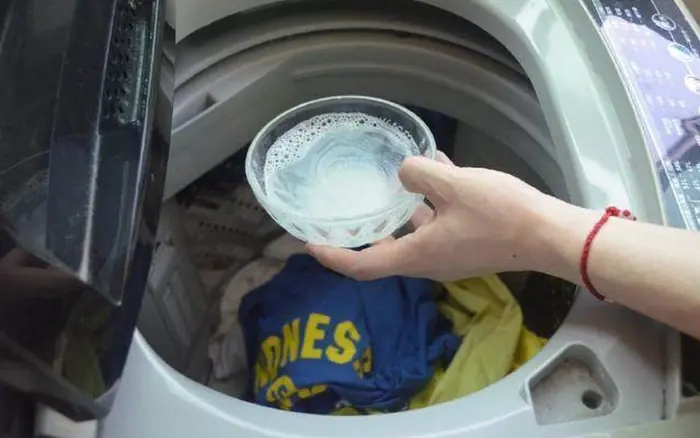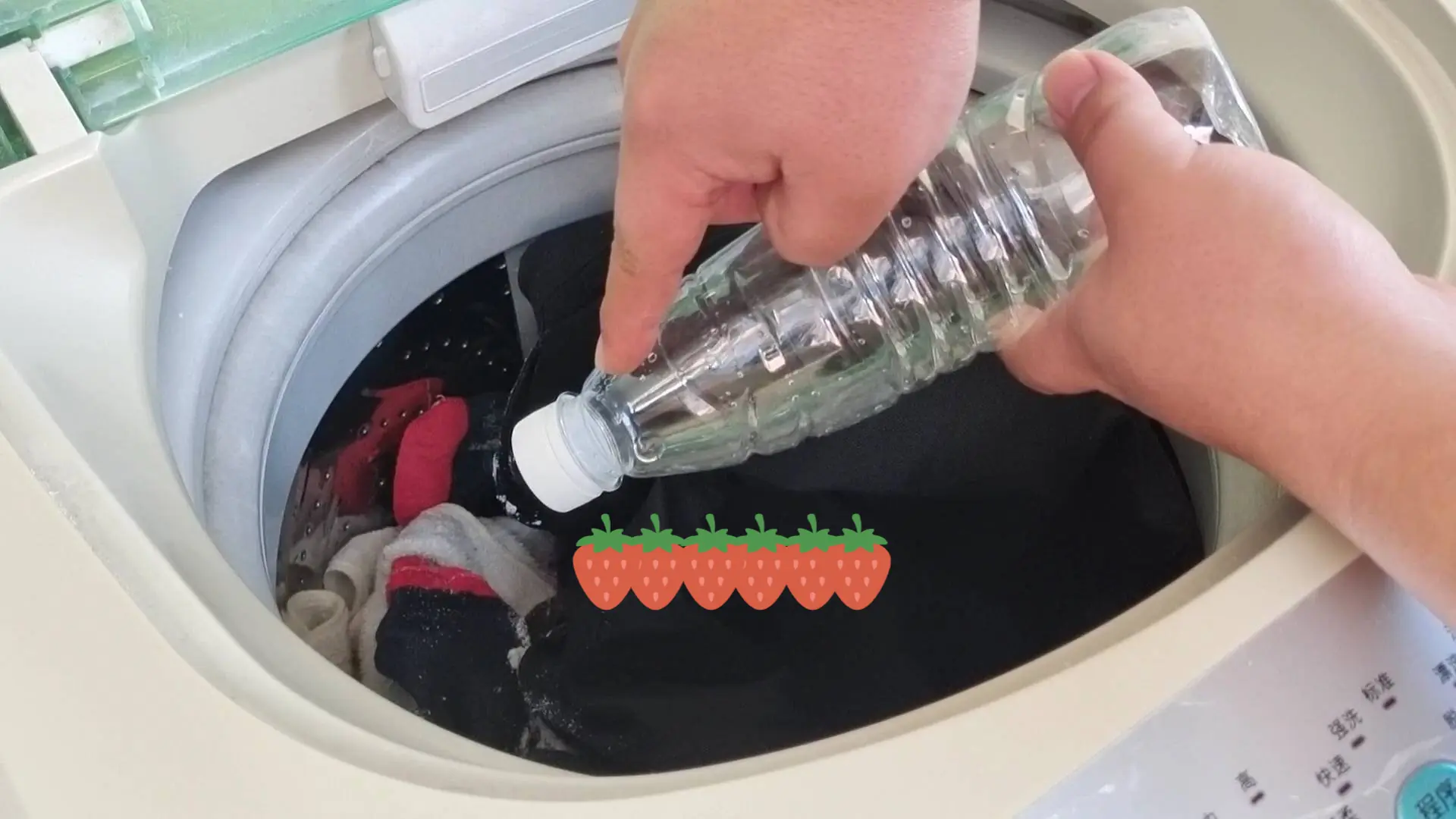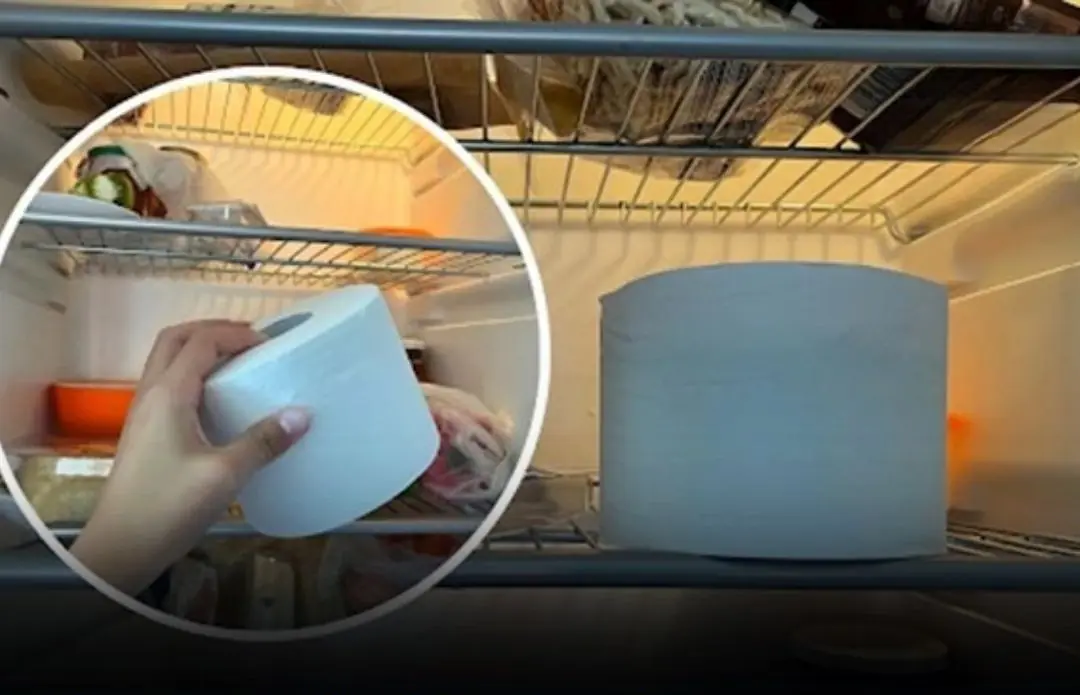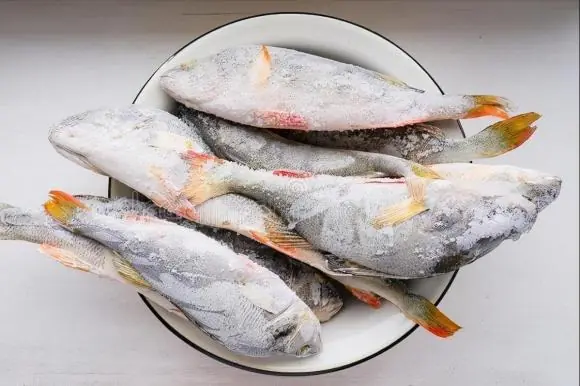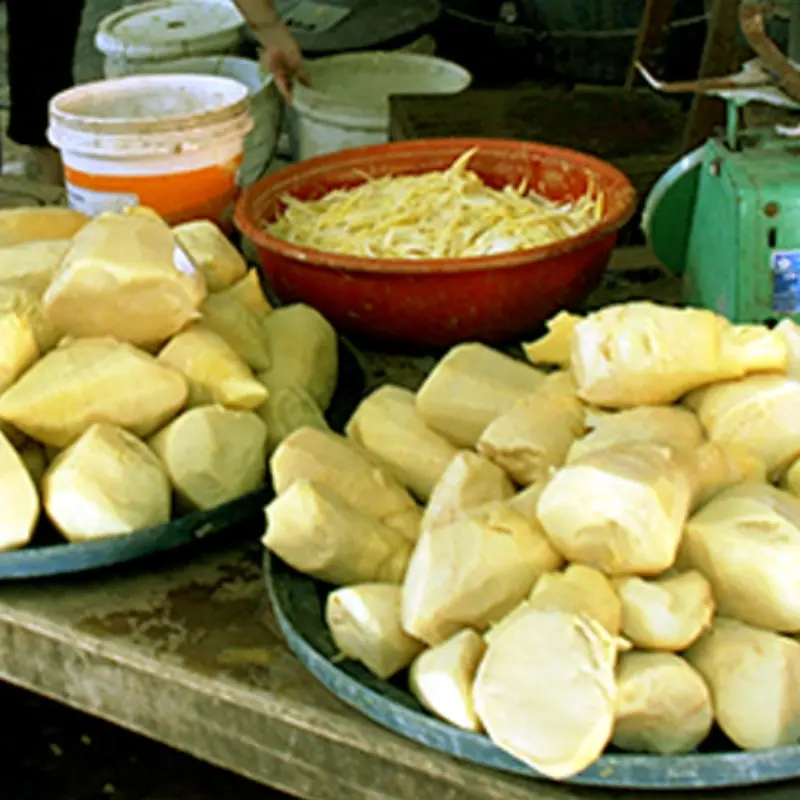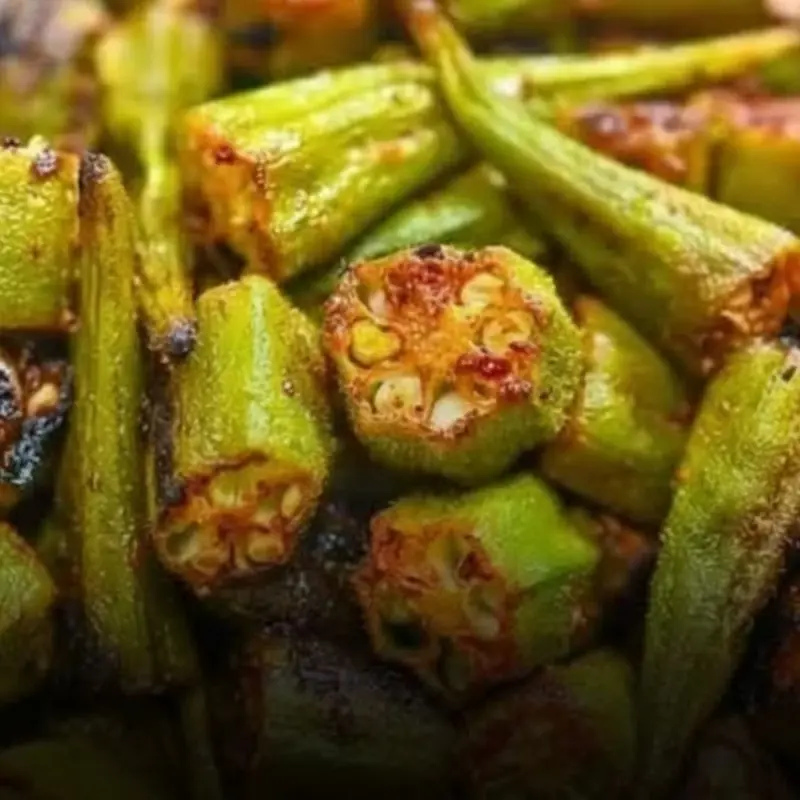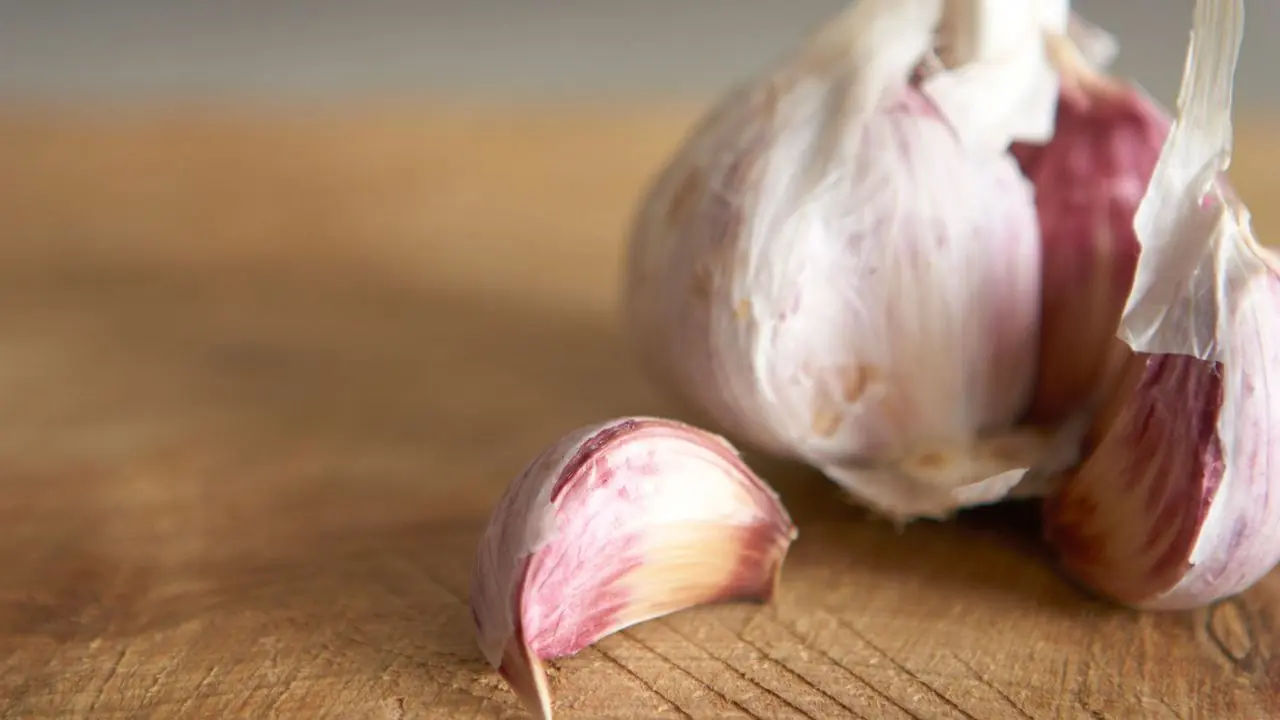
You might want to avoid stockpiling pumpkin and cauliflower during the rainy season for a couple of important reasons:
1. Higher Risk of Spoiling or Decay
- Both pumpkin and cauliflower are perishable, and the increased humidity and moisture during the rainy season create an environment that promotes bacterial growth, mold, and rot.
- Pumpkin is a relatively sturdy vegetable, but it can still rot more quickly in high humidity, especially if it’s not stored properly in a cool, dry place.
- Cauliflower, being a more delicate vegetable, is especially vulnerable to spoilage during rainy weather. It can wilt, develop mold, or spoil quickly if exposed to excess moisture.
2. Decreased Shelf Life
- During the rainy season, the temperature fluctuations and increased moisture can cause vegetables like pumpkin and cauliflower to lose their crispness, quality, and flavor more rapidly.
- These vegetables often do not store well for extended periods in damp or humid conditions, leading to them becoming mushy, soggy, or discolored.
3. Pest Infestation
- The damp weather can attract more pests, including insects and rodents, which might be drawn to your stored vegetables.
- Storing vegetables during the rainy season without proper protection increases the likelihood of infestations, which can ruin your stock and lead to health risks.
4. Nutrient Loss
- If these vegetables are not stored in optimal conditions, they can lose some of their nutritional value. For instance, cauliflower might lose its vitamin C content, and pumpkin could lose its firmness and become less nutrient-dense over time.
Tips to Store Vegetables During the Rainy Season:
- Use airtight containers or cool, dry storage spaces to help preserve the freshness of the produce.
- Consider freezing vegetables like pumpkin or cauliflower if you plan to keep them for a longer period.
- Keep an eye on their condition regularly and consume them quickly after purchase to prevent spoilage.
To sum up, while it’s not impossible to stock up on these vegetables during the rainy season, it’s important to be cautious and ensure they’re stored in proper conditions to avoid spoilage and maintain their nutritional value.



